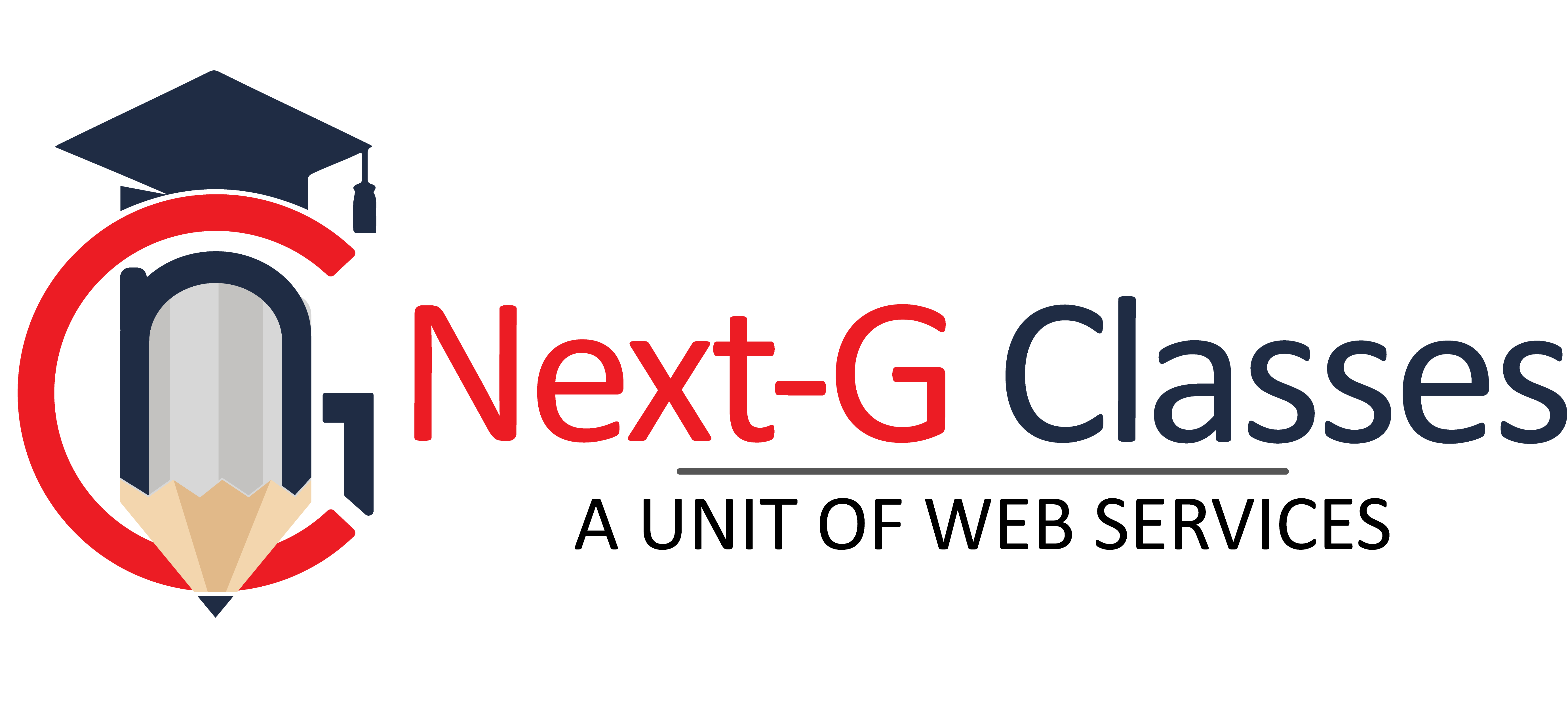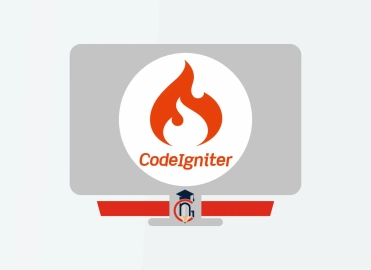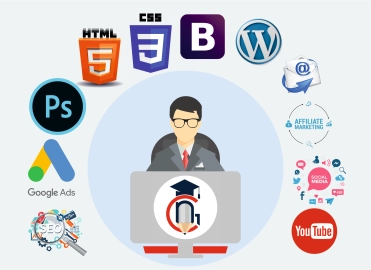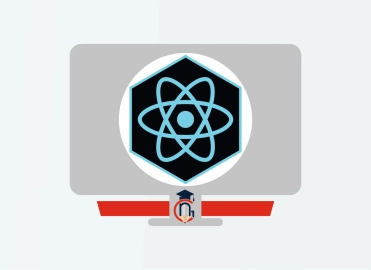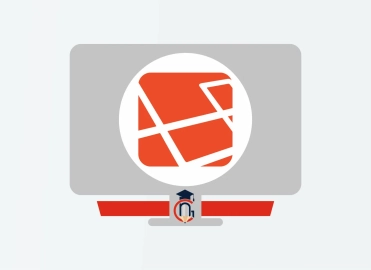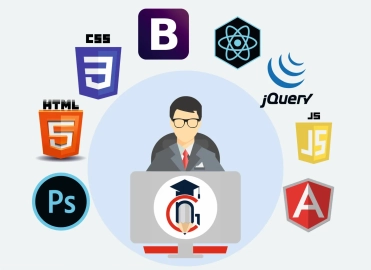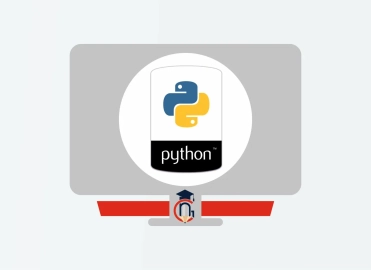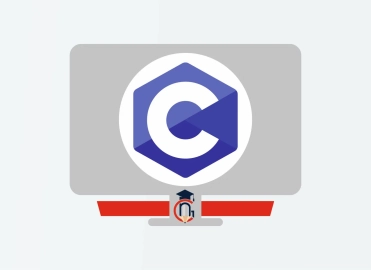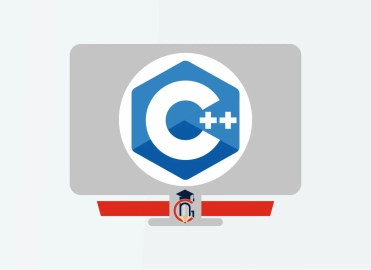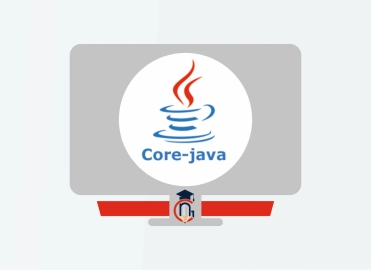Laravel
| Training Mode | Regular | Fastrack | Crash |
|---|---|---|---|
| Classroom | Online | 45 Days (M,W,F or T,T,S Class) (3 Class in a week) |
20 Days (Monday to Friday Class) (5 Class in a week) |
10 Days (Monday to Friday Class) (5 Class in a week 1:30 hour duration) |
Module 1: Introduction to Laravel
- Overview of Laravel framework and its features.
- Setting up Laravel environment (Homestead, Valet, Docker).
- Understanding MVC architecture and Laravel's directory structure.
- Creating a basic CRUD application with Laravel.
Module 2: Laravel Routing and Middleware
- Defining routes and handling HTTP requests.
- Using route parameters, named routes, and route groups.
- Implementing middleware for authentication, authorization, and CORS.
- Creating RESTful APIs with Laravel.
Module 3: Laravel Blade Templating Engine
- Introduction to Blade templating syntax and directives.
- Building layouts and partials in Blade.
- Using Blade components and slots for reusable UI components.
- Integrating frontend frameworks like Bootstrap with Laravel Blade.
Module 4: Database Management with Eloquent ORM
- Setting up database connections in Laravel.
- Creating and migrating database tables using migrations.
- Defining relationships (one-to-one, one-to-many, many-to-many) in Eloquent.
- Querying data using Eloquent ORM and raw SQL queries.
Module 5: Authentication and Authorization
- Implementing user authentication with Laravel's built-in Auth system.
- Customizing authentication routes and views.
- Role-based access control (RBAC) with Laravel Gates and Policies.
- Integrating social authentication (OAuth) using Laravel Socialite.
Module 6: RESTful APIs with Laravel
- Building RESTful APIs with Laravel Resource Controllers.
- Handling API requests and responses (JSON, XML).
- Authentication mechanisms for APIs (JWT, Passport).
- Versioning APIs and documenting with Laravel API documentation tools.
Module 7: Testing and Debugging
- Writing unit tests and feature tests with PHPUnit.
- Using Laravel Dusk for browser automation testing.
- Debugging Laravel applications with built-in tools and Xdebug.
- Test-driven development (TDD) approach with Laravel.
Module 8: Advanced Laravel Features
- Queues and background jobs with Laravel Queue system.
- Working with Laravel Scheduler for task automation.
- Event broadcasting and real-time updates with Laravel Echo and Pusher.
- Implementing caching with Laravel Cache and Redis.
Module 9: Deployment and DevOps
- Deploying Laravel applications on web servers (Apache, Nginx).
- Continuous integration and deployment (CI/CD) with Laravel Forge or Envoyer.
- Configuring environment variables and securing Laravel applications.
- Monitoring and logging Laravel applications with tools like Laravel Telescope.
Module 10: Building Practical Projects
- Throughout the course, students will work on practical projects to apply their knowledge of Laravel.
- Projects may include building a blog, e-commerce platform, social networking site, or any custom web application using Laravel.
- Emphasis on best practices, code quality, and project management skills.
This Laravel Course at Next G Classes, participants will have a strong foundation in Laravel framework development. They will be proficient in building secure, scalable, and maintainable web applications using Laravel's powerful features and best practices. Graduates will be prepared to pursue careers as Laravel developers or continue their journey in web development with confidence and competence.
Contact Us
Course Feedback
Student Projects
-
.png)
Name : Manish Bharti
Course : Web Designer
Project : Mindx
Guided By : Rajesh Sir
-

Name : Manish Bharti
Course : Web Designer
Project : Light Basket
Guided By : Rajesh Sir
-

Name : Sakesh Kumar
Course : Web Development
Project : Delhi Hospital
Guided By : Rajesh Sir
-

Name : Vikash Kumar
Course : Full Stack Developer
Project : PS Health Care
Guided By : Rajesh Sir
-

Name : Bablu Kumar
Course : Web Developer
Project : Mudra Cash for Gold
Guided By : Rajesh Sir
-

Name : Manish Bharti
Course : Web Designer
Project : vedicessentials
Guided By : Rajesh Sir
-

Name : Guddu Kumar
Course : Advance Full Stack Developer Expert
Project : MPSswitches
Guided By : Rajesh Sir
-

Name : Guddu Kumar
Course : Advance Full Stack Developer Expert
Project : Palco
Guided By : Rajesh Sir
